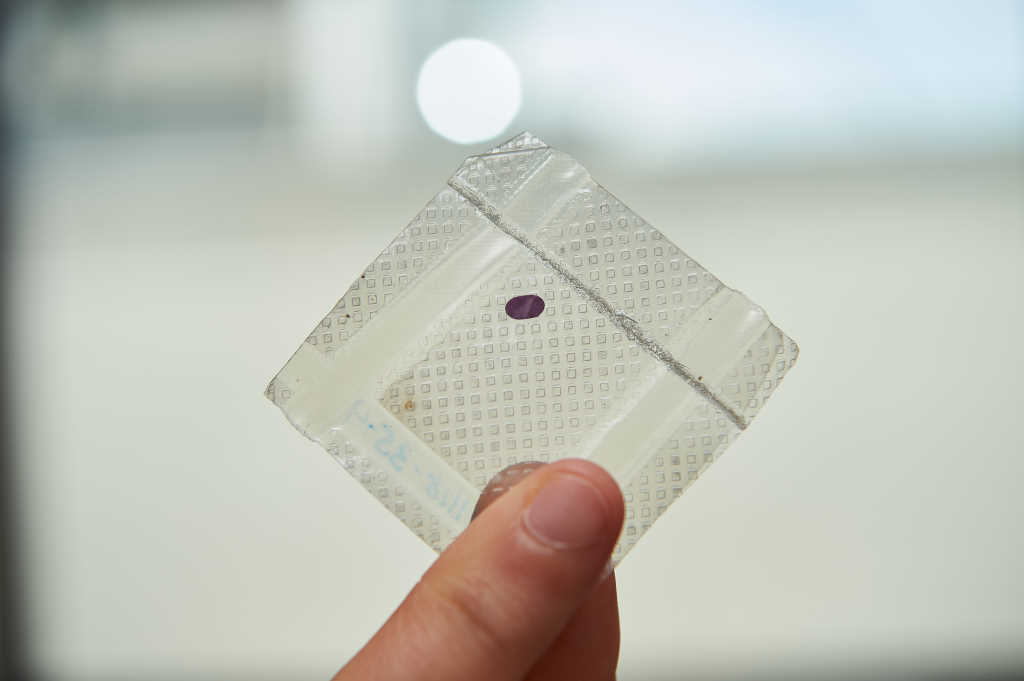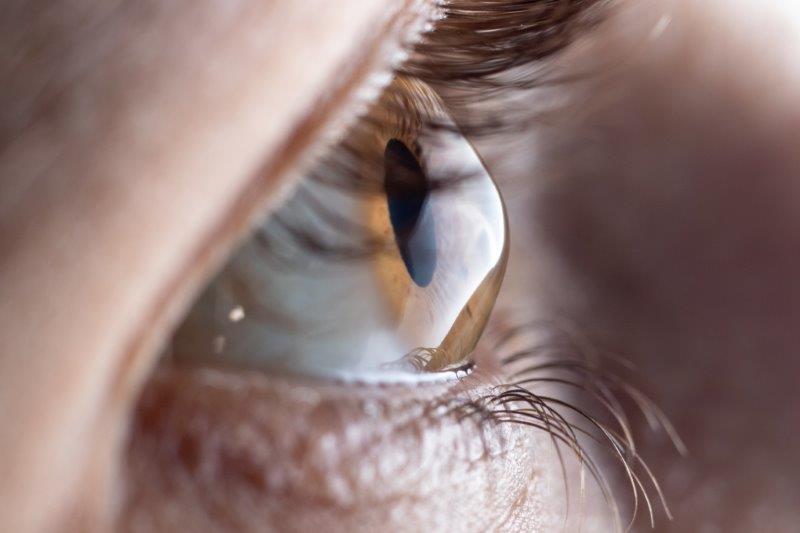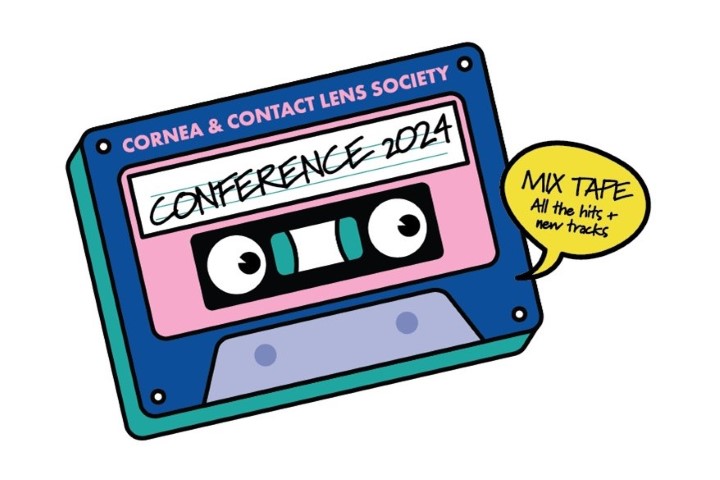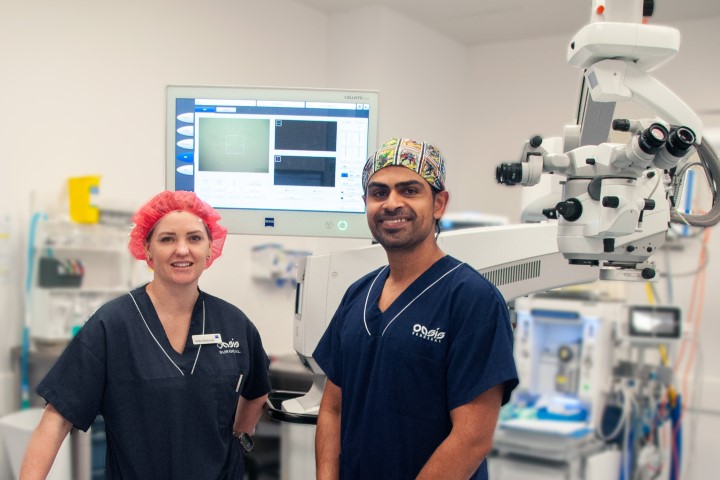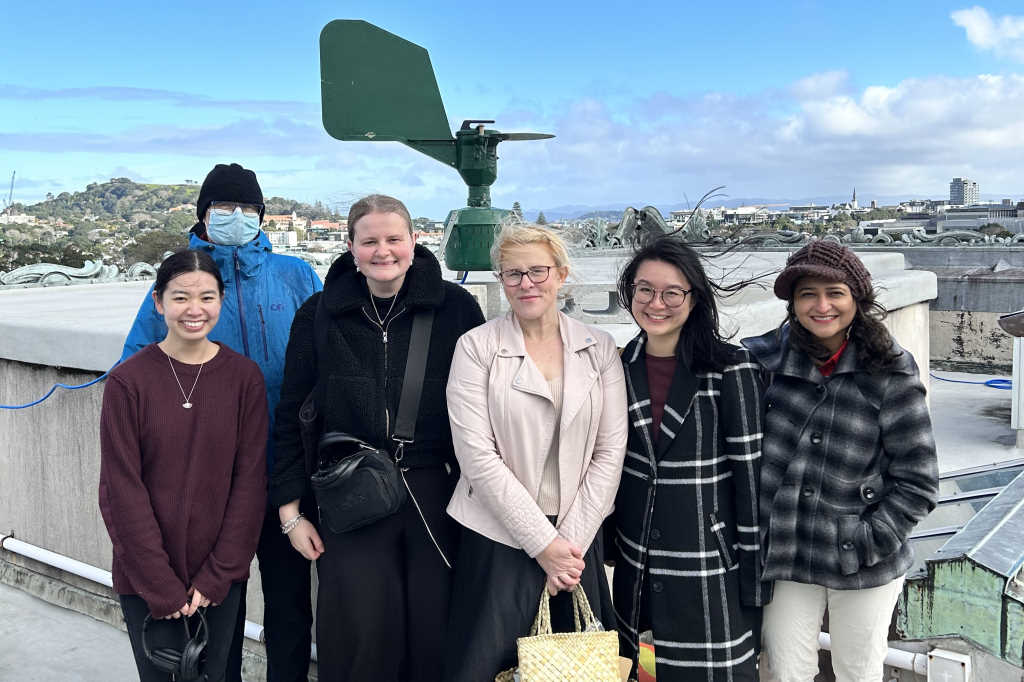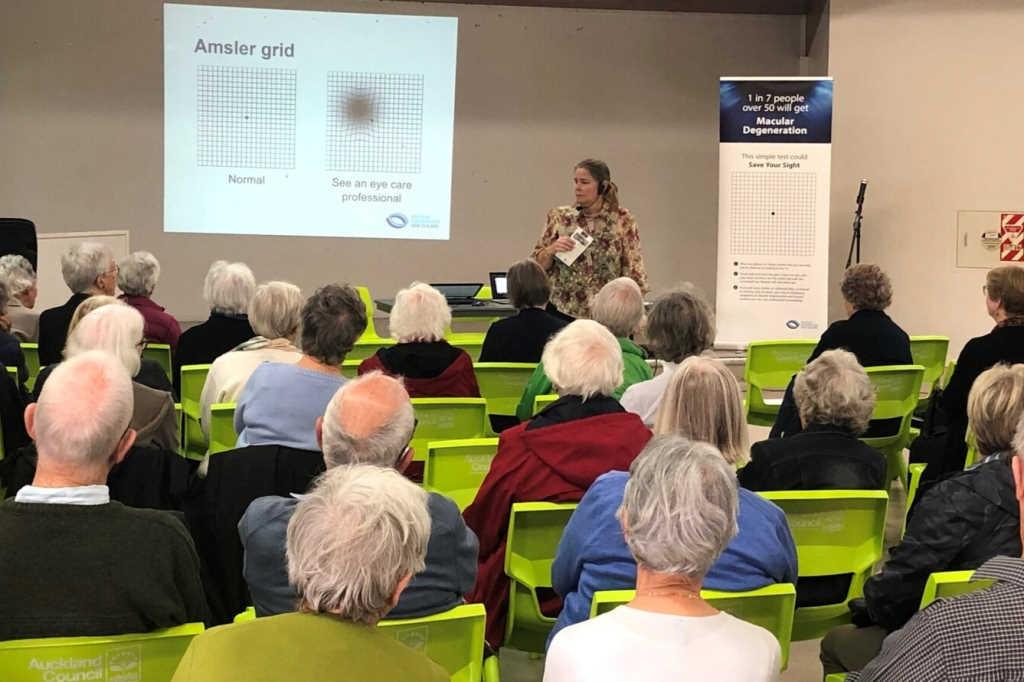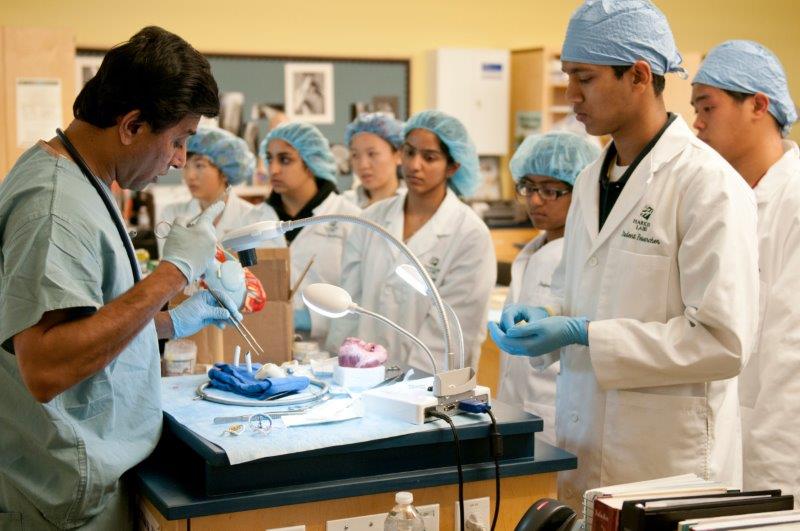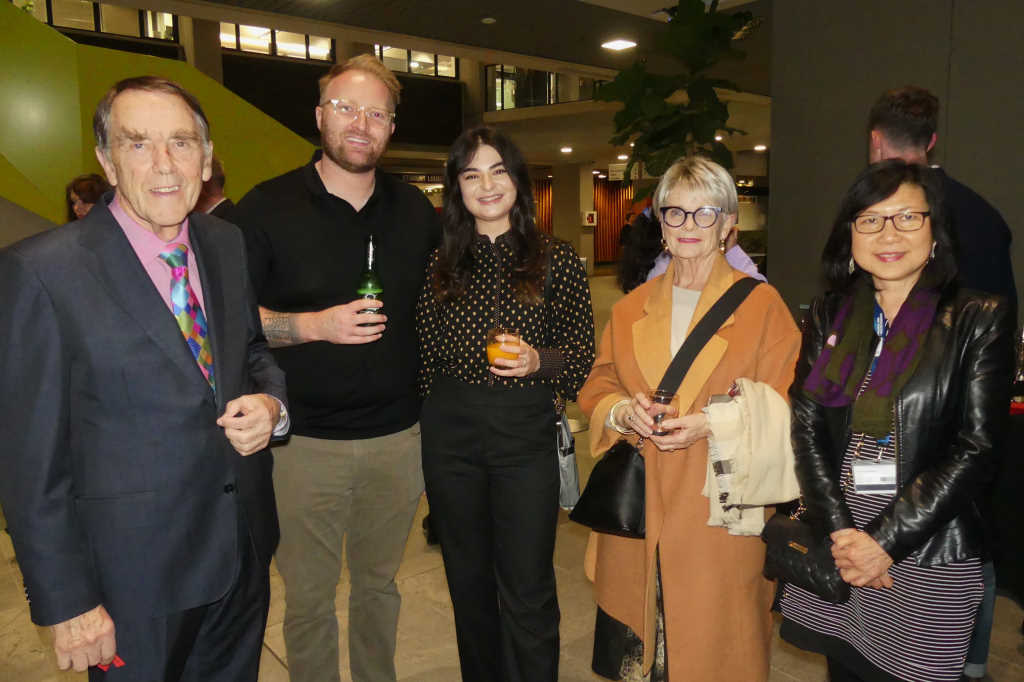Making retinas in space
NASA has awarded US$5M to US biotech company LambdaVision to help it explore the benefits of microgravity for its unique, protein-based artificial retina.
By using proteins similar to the visual pigment rhodopsin, LambdaVision’s retina mimics the light-absorbing properties of human photoreceptors to activate the degenerative retinas of blind patients. The implantable technology is produced through a layer-by-layer process that ensures the artificial retina is dense enough to absorb appropriate amounts of light, said LambdaVision. “While this production process is used on Earth for multiple applications, we believe microgravity production may reduce the amount of materials required, lowering costs and accelerating production time.”
Working with software company Space Tango, the NASA grant will cover a series of flights to the International Space Station over the next three years to produce artificial retinas for evaluation on Earth for their potential to restore vision in patients suffering from retinal degenerative diseases, said the company.










